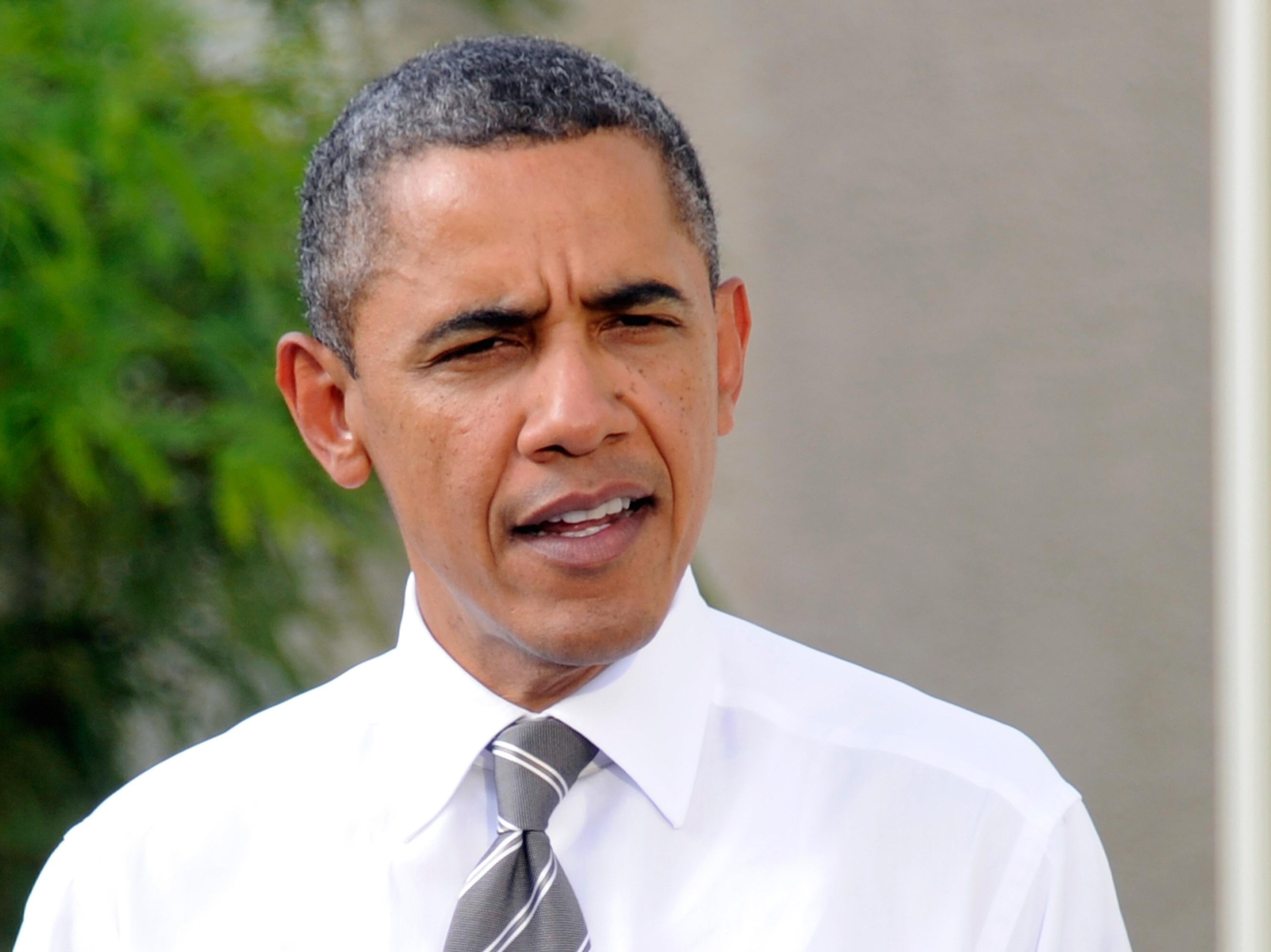This article originally appeared in Inc.
One of the great failings of Congress this year has been its inability to do anything with immigration reform. Hoping to remedy that, President Obama is reportedly on the verge of using his executive power to help businesses struggling with limits on green cards and work visas, as well as other issues related to immigration. The changes, which the Wall Street Journal reports are to be announced after Labor Day in an executive order, could be a potential boon to small businesses staffed or owned and operated by immigrant entrepreneurs, many of whom reside in Silicon Valley and drive much of the innovation happening there.
What’s emerged from more than 20 closed door meetings this summer are two potentially significant tweaks to the green card granting process. An executive order might, for example, remove the dependents of green card holders from the official caps, which could increase worker green card numbers to nearly 300,000. Yet another proposal would recycle unused green cards from previous years, which could add 200,000 more green cards to the total number allotted annually.
“This [would be] a great step forward,” Vishal Sankhla, co-founder of Viralheat, a social media analytics company based in Santa Clara, California, says. “This will help businesses and startups in the short term while we wait for a larger and more comprehensive immigration reform.”
Sankhla is a perfect example of why immigration reform needs fixing. He’s been in the U.S. for more than 13 years, first attending university here on a student visa, and then graduating to a six-year work visa. During that time, he launched a highly successful company in Silicon Valley, which has attracted $4.5 million in venture capital funding from the Mayfield Fund, and which has created 17 high-paying jobs for engineers and other workers. But Sankhla only received his green card this year, after years of effort, including gathering thousands of pages of documentation about his various achievements. Among his employees are five people on H1-B visas, for whom he pays about $15,000 a year for legal bills related to their own immigration processes.
“The best part is to recapture the unused green cards, [as] this will help clear the [green card] backlog ..and make it possible for people to get a green card who are waiting for a very long time,” Sankhla says.
Research bears out the need for comprehensive immigration action, as immigrants are among the country’s most passionate and involved business creators. More than half of startups in Silicon Valley were founded by foreign-born entrepreneurs, according to Vivek Wadhwa, entrepreneur and researcher of public policy at Stanford Law School, and the Kauffman Foundation. Similarly, Kauffman’s most recent index of entrepreneurial activity, released this spring, indicates that immigrant entrepreneurs are currently starting businesses at a rate roughly twice that of native-born business owners.
“This is something the President should have done years ago,” Wadhwa says. “There is no reason that he could not have issued executive orders to streamline processing, reduce regulations, instruct immigration adjudicators to be sensitive to the needs of immigrants, rather than trying to lock them out.”
More specifically, Wadhwa says he favors a visa for immigrant creators of startups, which is something the Obama administration supports as well. In a statement about its proposals for immigration reform, the White House says the startup visa would be for:
foreign entrepreneurs who attract financing from U.S. investors or revenue from U.S. customers to start and grow their businesses in the United States, and to remain permanently if their companies grow further, create jobs for American workers, and strengthen our economy.
For Sankhla and other immigrant entrepreneurs, an executive order authorizing such changes can’t come soon enough.
“It will immediately add more skilled workers to the workforce, allowing businesses to hire them,” Sankhla says. That would be a boon for both Sankhla’s business and the economy.
See Also: Debunking Virtual Reality Myths
